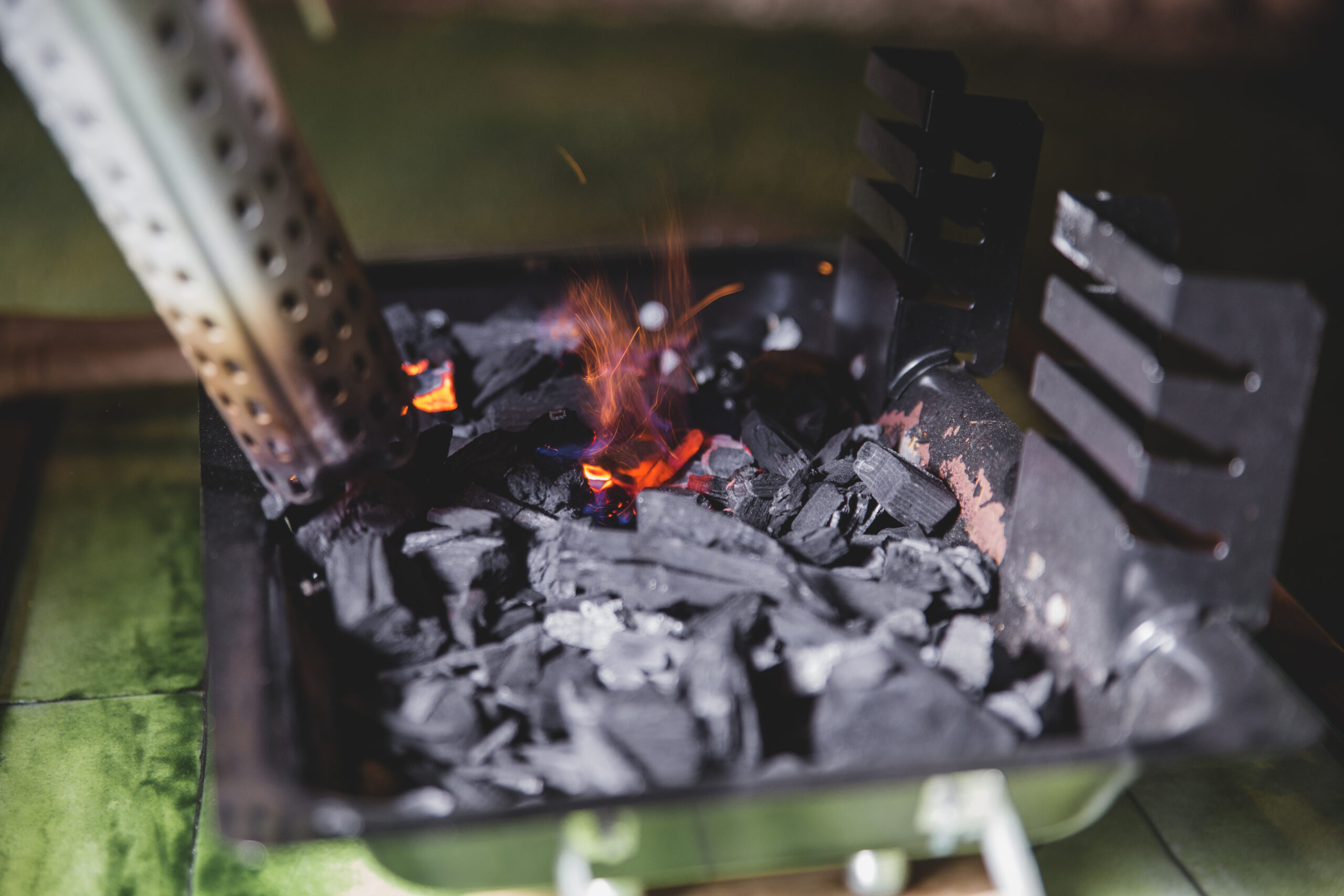Briquette fuel for eco-friendly cooking has emerged as a practical solution for households and small businesses looking to reduce their carbon footprint. With the rising concerns over deforestation, air pollution, and climate change, the need for sustainable fuel alternatives has never been more critical. Unlike conventional charcoal or firewood, briquettes are made from compressed biomass, such as coconut shells, sawdust, and agricultural residues, making them renewable, low-emission, and environmentally friendly.
What Are Briquettes?
Briquettes are solid fuel blocks formed by compressing organic waste under high pressure. The most popular type in tropical countries is the coconut shell charcoal briquette, made from leftover coconut shells. This process not only provides a reliable source of fuel but also reduces agricultural waste, turning it into a product that benefits both the environment and the economy. Unlike traditional wood charcoal, briquettes burn longer, produce less smoke, and generate more consistent heat.
Environmental Benefits
Switching to briquette fuel brings numerous ecological advantages. Firstly, it significantly reduces deforestation. Many communities still rely on firewood, which contributes to the loss of forests and biodiversity. Briquettes, made from agricultural waste, provide a sustainable alternative without harming natural ecosystems. Secondly, they produce lower carbon emissions during combustion compared to conventional charcoal or fossil fuels. This contributes to cleaner air in urban and rural areas, reducing respiratory problems linked to indoor air pollution. Lastly, the utilization of waste materials for fuel prevents them from ending up in landfills, where decomposition would generate methane, a potent greenhouse gas.
Economic Advantages
Beyond environmental benefits, briquettes also offer economic advantages. Manufacturing briquettes creates job opportunities in rural areas, from collecting raw materials to processing and distributing the finished product. For households, briquettes are often more affordable than purchasing firewood or charcoal. The long-burning property of coconut shell charcoal briquettes means less fuel is required per cooking session, translating into cost savings over time. Additionally, local entrepreneurs can establish small-scale briquette production units, fostering sustainable community-based businesses.
Health Benefits
Traditional cooking methods, especially indoor open-fire stoves, expose people to harmful smoke containing particulate matter and carbon monoxide. Briquette fuel significantly reduces smoke emissions, which contributes to healthier indoor environments. Women and children, who are often most affected by household smoke, benefit from cleaner air. Using briquettes also minimizes the risk of burns and accidents caused by uncontrolled flames, as they burn evenly and predictably.
Applications in Cooking
Briquettes are versatile and can be used for various cooking methods, including grilling, baking, and traditional stove cooking. Their consistent heat output ensures better cooking control, which is particularly useful for slow-cooked meals and baking. In many Asian and African countries, coconut shell charcoal briquettes have become the preferred fuel for both household and commercial kitchens. Their compact size and ease of transport make them suitable for urban households as well as remote rural areas.
Tips for Using Briquettes Effectively
To maximize the efficiency of briquette fuel, it is essential to store them in a dry environment, as moisture can reduce their burning capacity. Lighting can be facilitated using natural kindling or small amounts of eco-friendly starter fuel. It’s also advisable to regulate airflow in stoves or grills to ensure complete combustion, which minimizes smoke and enhances heat output. Regular cleaning of stove surfaces prevents residue buildup, further optimizing fuel efficiency.
Future Prospects
As global awareness about sustainable living grows, the adoption of briquette fuel for eco-friendly cooking is expected to rise. Research continues to improve the quality and efficiency of briquettes, including experimenting with different biomass sources and eco-friendly binders. Governments and NGOs are also promoting community-level briquette production to reduce reliance on conventional fuels and create local economic opportunities.
Coconut shell charcoal briquette represents a practical, environmentally responsible, and cost-effective alternative to traditional cooking fuels. By choosing briquettes, consumers contribute to forest conservation, reduce air pollution, and support sustainable livelihoods. As the world moves toward greener solutions, integrating briquette fuel into daily cooking practices can play a significant role in shaping a healthier, cleaner, and more sustainable future.

